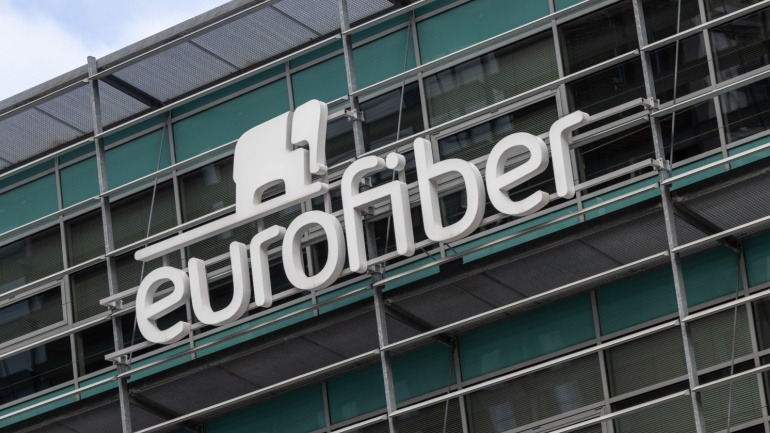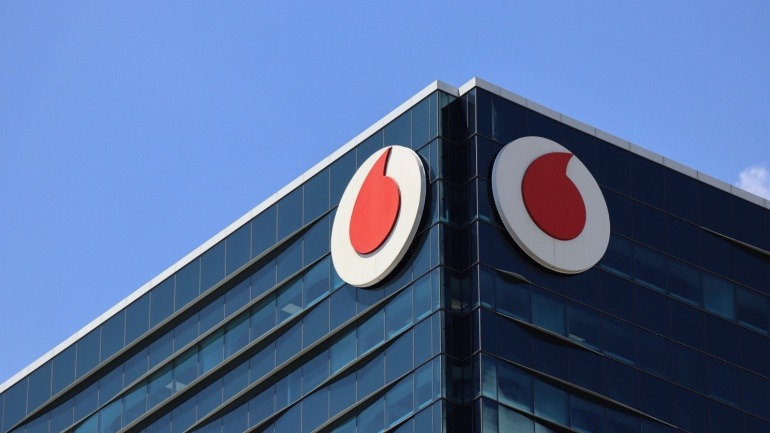A substantial number of Three customers, from a pool of over 10 million in the UK, found themselves unable to place calls or use their mobile data last Friday afternoon. A statement issued by Three UK on social media stated, “A number of customers may be experiencing issues with our network. We are aware of what the issue is and our engineers are working to fix it as soon as possible. We apologize for any inconvenience caused.”
Online outage tracking platform, Down Detector, recorded nearly 18,000 complaints by 4 pm on Friday. Although the issue was not specifically divulged by Three, it was announced that network services had been fully restored by Saturday morning.
In the meantime, Three is amidst a merger negotiation with its competitor, Vodafone. In a deal costing £15 billion, Vodafone would own a 51% stake in the new business, leaving Three with the remaining 49% minority stake. This proposition instigated an interesting commentary from Sarah Cardell, Chief Executive of the Completion and Markets Authority (CMA). She noted that “millions of consumers and businesses in the UK rely on Vodafone’s and Three’s mobile networks to stay connected.”
Subsequently, this merger proposal spurred a quest for third-party opinions by the CMA on its potential impact on competition in the UK, a process which ended in November. Presently, the CMA is preparing to begin a formal Phase 1 investigation into the deal. If the results from Phase 1 do not prove satisfactory, a more comprehensive Phase 2 investigation is likely.
The proposed merger has already passed European examination, with approval from the European Commission secured last October. The green light was given upon the notion that the merger would not pose any competition concerns to EU antitrust regulators.
Given there are no significant hang-ups, the merger is expected to be completed by the end of 2024.







